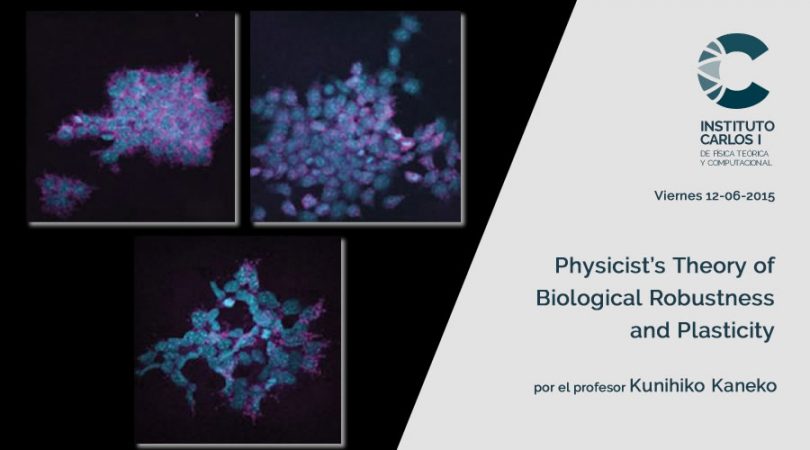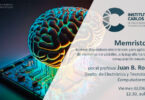Quantitative characterization of plasticity, robustness, and evolvability is an important issue in biology. Based on statistical physics and dynamical-systems theory, we present a macroscopic theory of fluctuation and responses in cellular states.
By assuming that cells undergo steady growth, protein expression of thousands of genes is shown to change along a one-parameter curve in the state space in response to the environmental stress. This leads to a macroscopic law that governs the cellular state, as is confirmed by adaptation experiments of bacteria under stress. Next, proportionality among evolution speed, phenotypic plasticity and fluctuation is demonstrated by extending the fluctuation-response relationship in physics.
Following an evolutionary stability hypothesis we then derive a general proportionality relationship between the phenotypic fluctuations by non-genetic noise and genetic variations. The relationship suggests a link between robustness to noise and to mutation. Relevance of physicists approach to what is life is discussed accordingly.
Ponente: Prof. Kunihiko Kaneko








